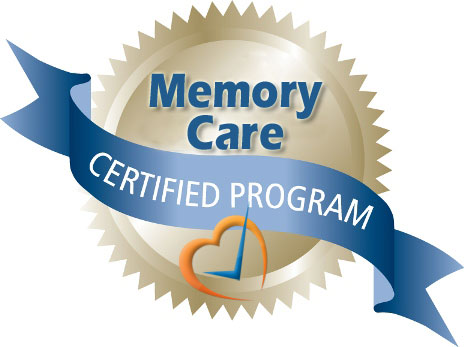Does you loved one need assistance? Is Mom is having difficulty to remember to take her medications? Is Dad losing his balance, is he a fall risk, is he becoming confused. What warning signs are signaling that additional care is needed in the home?
The questionnaire below can help you recognize when additional care is needed. This check list can be helpful if you are unsure whether a loved one is ready for a caregiver in the home or a move to a retirement home is necessary..
How can a caregiver help? “Click Here”
Complete the ten questions below, then total. Your total number will provide recommendations below.
| POINTS |
1 |
2 |
3 |
4 |
5 |
|
|
Dressing |
Needs hands-on assistance |
Needs assistance with all personal care |
Requires help with dressing |
Can dress, but clothes must be selected |
Independent and able to dress themselves |
|
|
Bathing and Toileting |
Requires complete assistance |
Requires help when undressing |
Functions with minimal assistance |
Functions with supervision and some assistance |
Independent – Able to toilet and bathe. |
|
|
Control (Continence) |
Incontinent – unable to control bladder or bowels |
Accidents are common |
Occasional incontinence – requires some assistance |
Occasional Incontinence, able to care for self |
Control and Continent – no bladder or bowel issues |
|
|
Eating and Nutrition |
Requires total feeding and assistance |
Better eating habits when fed, currently losing weight |
Not eating enough. Only consumes partial meals |
Reduced hunger – still eating properly |
Good appetite, Good Eating habits, and good nutrition |
|
|
Meal Preparation |
Unable to cook or prepare meals |
Needs assistance cooking or delivered meals |
Prefers or needs assistance cooking, but needs help |
Can cook but needs assistance with grocery shopping |
Independent Cooks and shops for groceries |
|
|
Household Chores |
Complete assistance with cleaning and household chores |
Regularly needs housekeeping help and assistance |
Regularly needs housekeeping help and assistance |
Requires occasional help with household |
Independently completes household chores |
|
|
Medications |
Unable to self administer |
Consistently requires reminders |
Requires medication reminders from time to time |
Takes medications without reminders |
Schedules and takes medications with no assistance |
|
|
Walking |
Fall Risk |
Needs help with transfers |
Uses a wheelchair and requires help |
Walker or Cane – with no help |
Walks Independent -no walker or cane |
|
|
Mental Status |
Forgetful and confused – does not know date or time |
Makes poor decisions, safety is a concern – some confusion |
Needs redirection frequently |
Makes good decisions but struggles occasionally |
Oriented and Alert – no memory issues |
|
|
Mood |
Becomes agitated and angry frequently – depression issues |
Can be sad, and depressed |
Apathy, lost purpose of life, anger from time to time |
Typically upbeat and positive, but loss of joy in life |
Positive attitude – enjoys life |
|
Recommended Options (Based on tabulated score):
Below 25 – In Home Care, Nursing Home or Skilled Nursing Care
25 to 29– In Home Care, Nursing Home, Assisted Living or Skilled Nursing
30 to 39 – In Home Care
40 to 50 – In Home Care or Live at Home Independently
You can narrow your search and find just the right care for your loved one by working with one of our Free professional eldercare advisors. Don’t make this important decision alone… talk to an elder care expert today!
Please note that the above assessment is for use as an assessment tool to facilitate thought and discussion only and does not constitute a formal recommendation. Each case must be evaluated individually.


Follow Us!